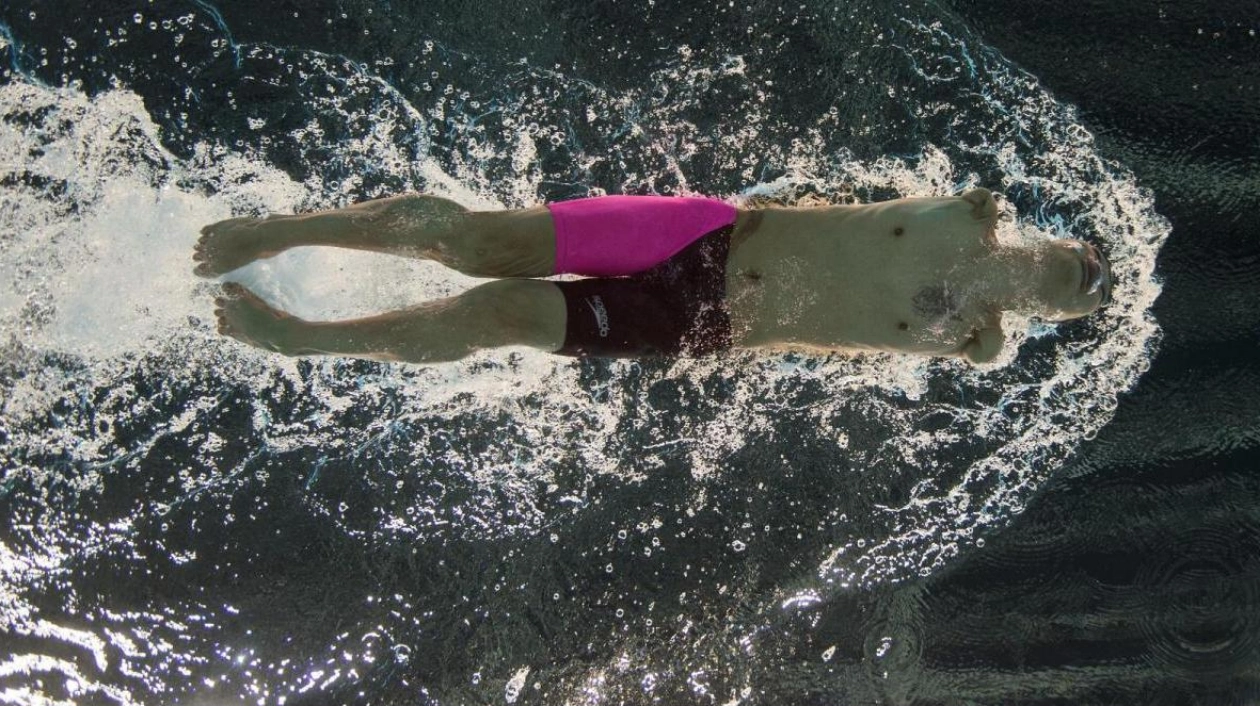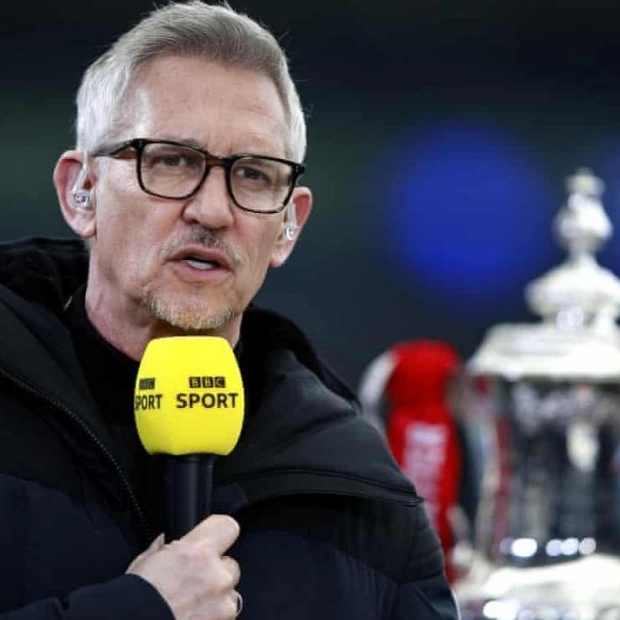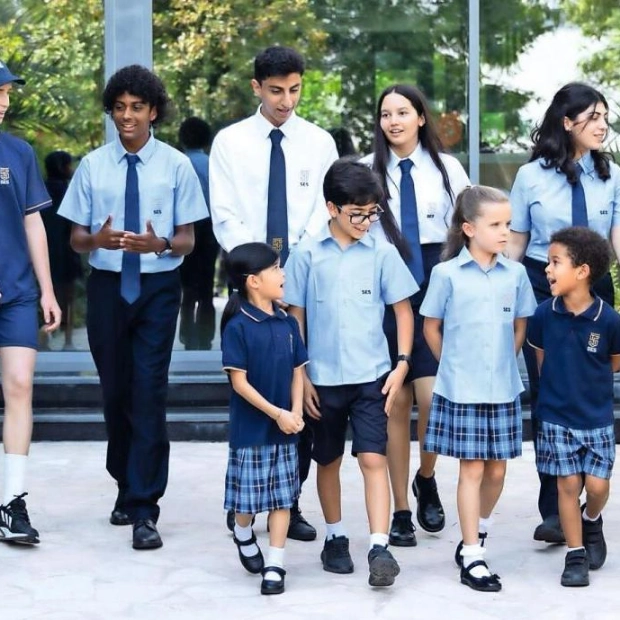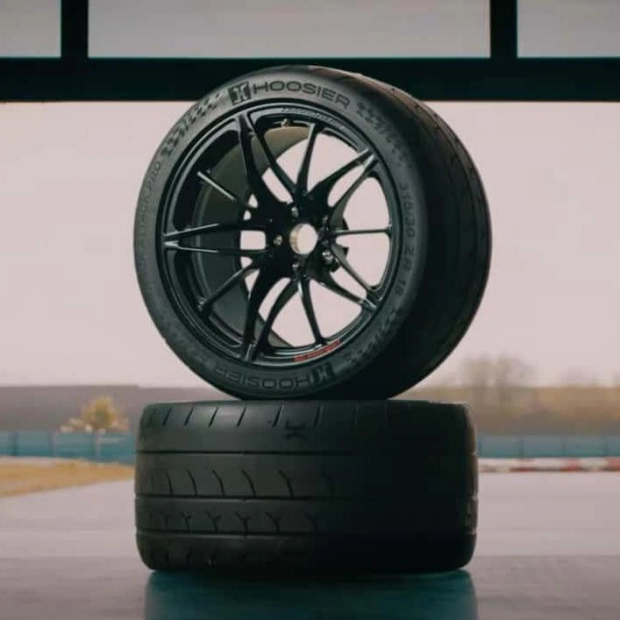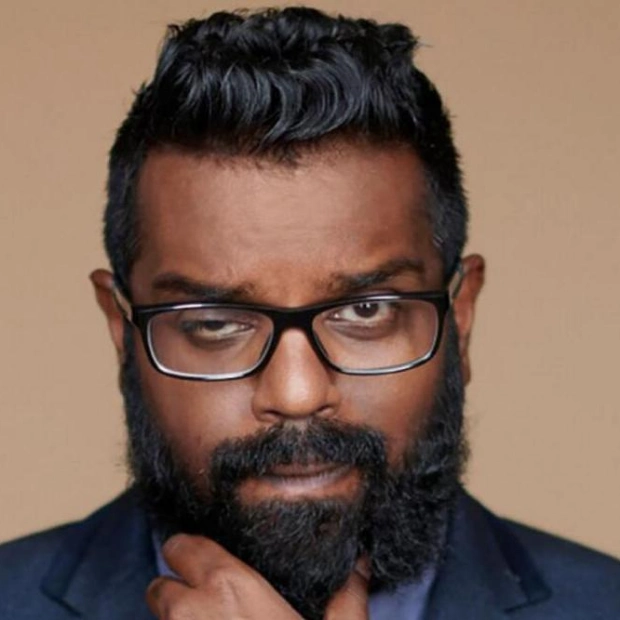The Paralympics concluded on Sunday, and I didn't watch a single event. When people excitedly ask me if I'm 'glued to the TV for the Paralympics,' I respond with a firm and swift 'no.' I've never watched it before and have no plans to do so in the future. In fact, I'm glad it's over, and everyone can return to their usual habit of ignoring the needs and existence of disabled people. Many think I'm being negative, but the reality of the Paralympics is far removed from what mainstream media portrays.
I'm a huge football fan, a dedicated Chelsea FC supporter, and I enjoy other sports too. Yet, no one asks me if I'm excited about the start of the football season. Instead, there's an assumption that I'd be thrilled about the Paralympics. Is this society's idea of equality? Isn't it another form of segregation or discrimination?
This sentiment didn't arise recently but has deeper roots from my childhood at a special needs school, where I believed we were all equal and accepted. I soon realized the hierarchy within the disabled community, a common practice. The realization that your 'worth' depends on the severity of your disability hit me when I saw how some students were chosen for sports training to compete at national and international levels.
At the time, I wasn't too bothered because if you weren't chosen, you got an extra hour for lunch. Plus, I didn't fancy being outside in the rain and cold. After a year or so, I noticed that a disabled person's value is tied to their achievements, often based on physical ability. This caused students to divide into those who felt 'better' because they could compete and others who felt worthless due to lack of visible achievements. Even though I was top of my class academically, no one—except my teachers—noticed, and there were no awards or trophies to show for it.
As I grew older, excelled in university, got first in my degree, a distinction in my Masters, and started a PhD, I was still seen as lesser because my achievements were invisible and of no value to society—they didn't bring medals or attention. Often, when people ask if I participate in sports and I say no, I see disappointment and immediate disinterest in their eyes. It's a look that says, 'You're a failure, a waste of resources and existence.' Deep down, they don't mean it cruelly, but it's what they've been 'taught' and conditioned to believe by mainstream media.
The same media that ignore and dismiss disabled people's struggles for education, employment, and health. Even the one day a year focused on disabled people—International Day of Persons with Disabilities on December 3—is barely acknowledged. During the pandemic, we saw how disabled people were deemed less important to save compared to the wider society. But suddenly, during the Paralympics, disabled people are 'inspirational.' How they got there and the obstacles they faced are of no interest because that would involve action and responsibility—and no one wants to do that.
A friend of mine, Onthoana Archer, a wheelchair user, has the opposite view. She's a fan of athletics and the Olympics, even attending the Olympics in France. She sees the Paralympics as 'amazing' and believes in the saying, 'See it and you can achieve it,' hoping it inspires children like her non-disabled nephews and nieces.
Carrie Aimes, a disability activist with muscular dystrophy, sees the negativity in Paralympics coverage. 'There's been a lot of motivational discourse, suggesting there's a sport for everyone, regardless of ability. I've noticed a reinforcement of the message, 'You can do and be anything,' particularly aimed at kids, which I find quite toxic, though well-intentioned. The fact is, not all disabled people can participate in sports. Not everyone can be a Paralympian.'
Not everyone will view the Paralympics as Carrie and I do, especially non-disabled people. I believe in following your dreams and choosing the path your heart dictates. I dislike the media coverage and its hypocrisy trying to sell the 'inspirational story.' It might serve the non-disabled segment of society, but I think it's a toxic and dangerous message for the disabled community.
Raya Al-Jadir is an Iraqi-British freelance writer. She holds an English degree and Masters from Queen Mary, University of London. Her interests range from culture, TV, social projects, and initiatives to literature and art, but her main focus is disability rights issues. She is the co-founder of Disability Horizons Arabic, the first disability lifestyle e-magazine in the Arab region. She also runs her own site, Careless. Raya is a 2020-22 Rosalynn Carter Mental Health Journalism fellow in the UAE.
